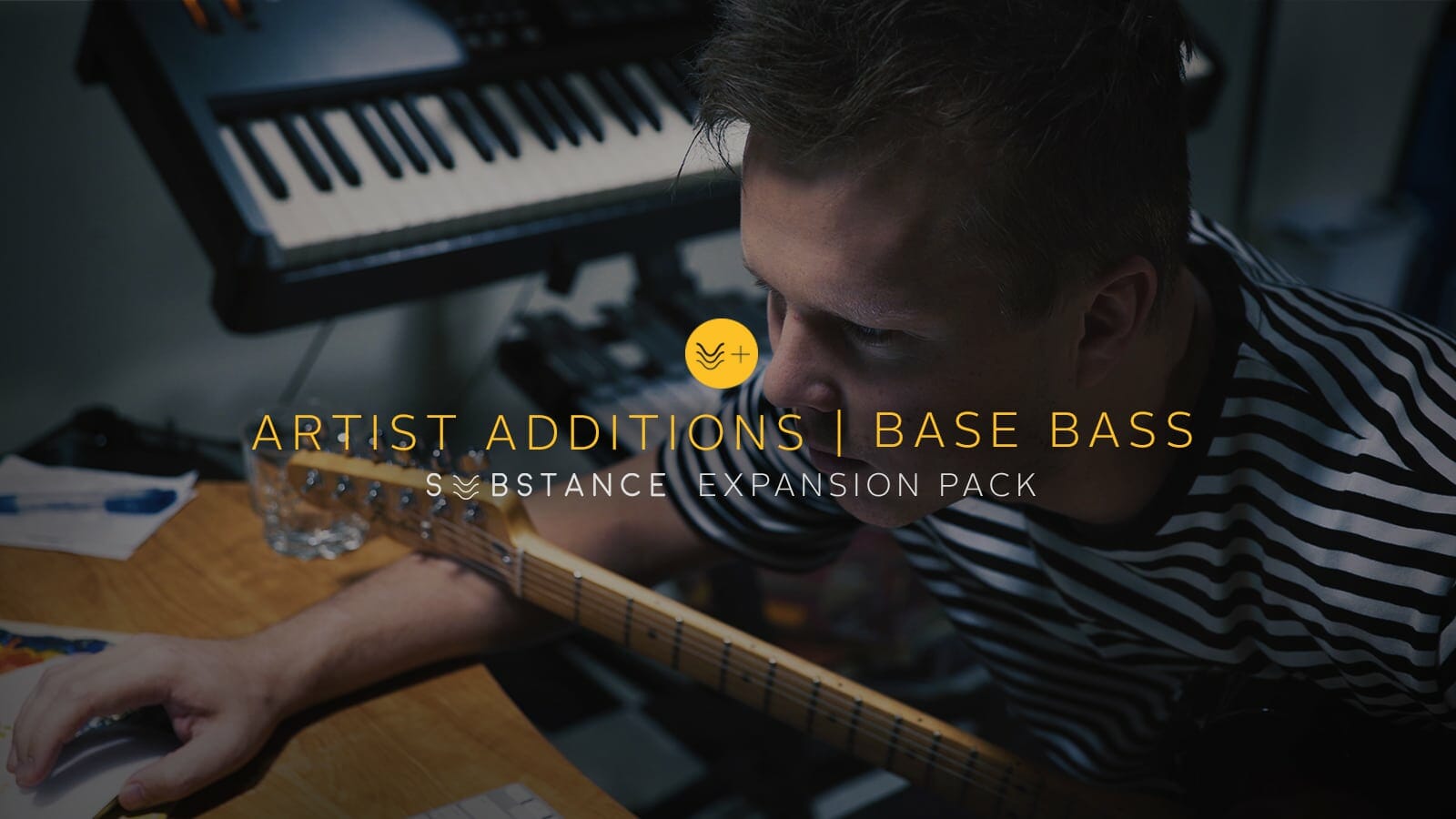With almost 35 years of experience under his belt, Canadian film and TV composer Mychael Danna needs no introduction. He has won numerous awards, including the Golden Globe and Oscar for Best Original Score for Life of Pi. He pushes the boundaries of Western classical music with instruments he collects during his travels around the world.
As he gives us a tour of his 1910 and Bombay-inspired studio based in Hollywood, he explains how he ended up here: “We all started music because we loved it, because it was fun, because we got to hang out with cool people and play together. Fast forward 20 years, you’re alone in a black room with light blocked out, sound blocked out, with you and your computer.”
But how does he continue to make it fun after all those years?
Thematic composition
Danna believes composing great music is all about maintaining balance.
At his headquarters, the main area, office, and hallway stand out with eye-catching memorabilia. But his production studio looks as slick as a palate cleanser tastes. As soon as he steps into it, he commits to the role he plays in telling the story.
“First of all, you identify the big-picture concepts of your film. That is something you discover through a collaboration with your director.” he says, and elaborates on the importance of asking the right questions from the start: “What are themes that they’re trying to get across? What is the film about if you had to sum it up in one sentence? Then you figure out a way that the music can most elegantly help to tell that story.”
“Identify the big-picture concepts of your film.”
Putting in the hours
It’s common for a film composer to work with tight deadlines. After all, how can they write a cue if the scene has not been shot and edited yet?
In his “black room,” Danna gives into the isolation that comes with the territory to meet each big deadline. “Working on a project, it’s 15 hours a day, six days a week, maybe seven. It’s extremely isolating for an art that is really a collaborative, social art. The composer gets the raw end of the stick being alone all the time,” he admits.
When it gets too lonely in the studio, he turns to his brother, Jeff Danna (another film composer), for inspiration. “We spot the film together and then we’ll go, ‘Okay, you write that theme. All right, this one.’ He’ll write an awesome cue. I’ll feel angry and want to match it. So there’s that sense of competition that’s super healthy in a situation like this. We kind of try to out-write each other. I think that leads to some really good music.”
The old meets the new
On the technical side, Danna utilizes his collection of hardware FX for his processing needs.
Some of his favorite gear includes a Quantec reverb from the ‘80s, a Lexicon Primetime, and two reel-to-reel tape recorders. He fantasizes about obtaining a more in-the-box setup on occasion. But he’s unlikely to completely rely on software instruments anytime soon.
In fact, Danna prefers going the extra mile by sampling real instruments even at the demo stage. “What I usually do is if I know I’m writing for a specific instrument, I’ll actually have a session at the beginning of the project where I sample their instrument. We’ll notate what it is. We drop it on the keyboard. When everything’s all approved, then we’ll basically generate a score for that guy’s instrument. It ends up coming back to us, very similar to our sample mock-ups.” he explains.
A mock-up gives the filmmakers a chance to hear the composition before they invest in recording sessions for it. The more polished it is, the higher the chance the score will be approved.
“Don’t try to sound like a half a million dollar orchestra when you only have $500.”
Unlocking the blocks
Although he is at the peak of his career today, Danna was no stranger to low-budget projects once upon a time.
“Don’t try to sound like a half a million dollar orchestra when you only have $500,” he advises budding composers. “Make it an honest reflection of who you are, the experiences you’ve had, the musical experiences you’ve had, the instruments you play, what you’ve studied, what you love.”
Danna keeps writer’s block at bay by being true to himself and making an effort to reach the core theme of the film. Based on his vast experience, he has comforting words on the subject for newcomers: “When you dig down and you get to those underlying issues, I think you can really unlock it.”
To take your samples to the next level, check out ARCADE, free for 30 days.



